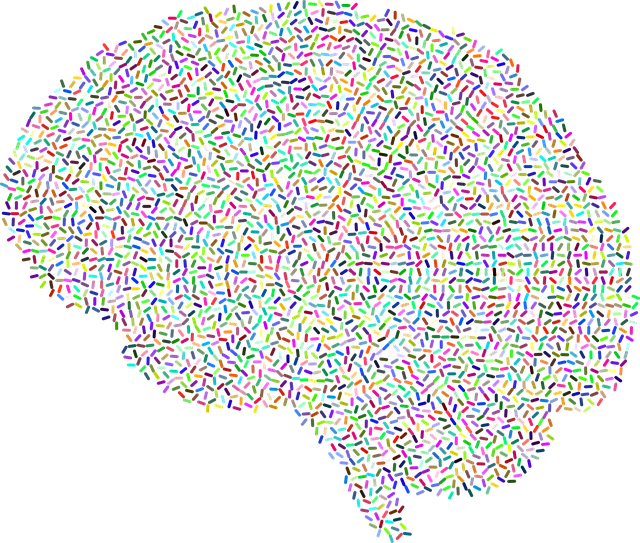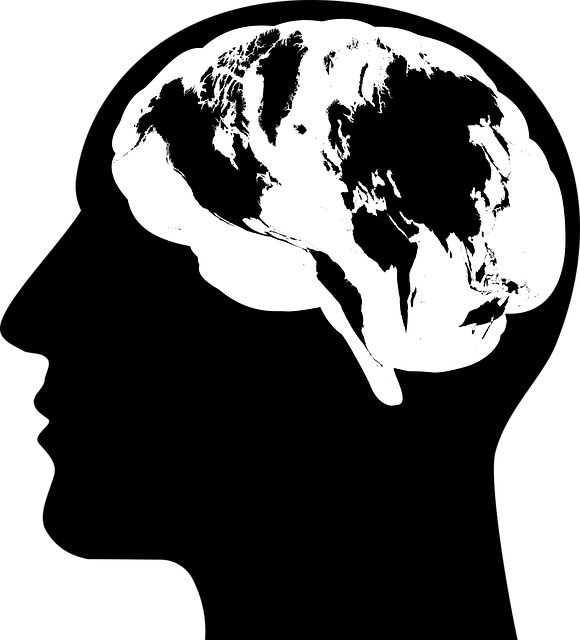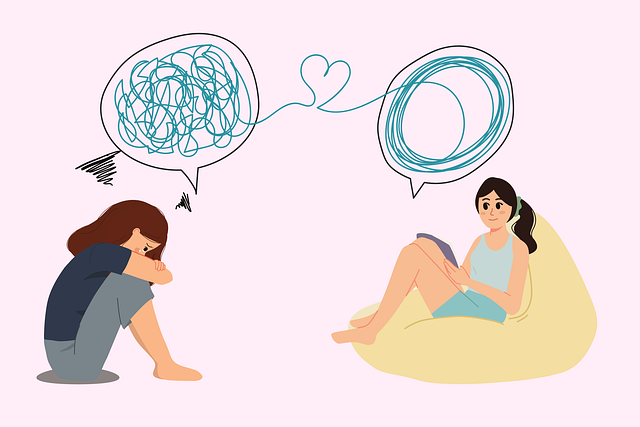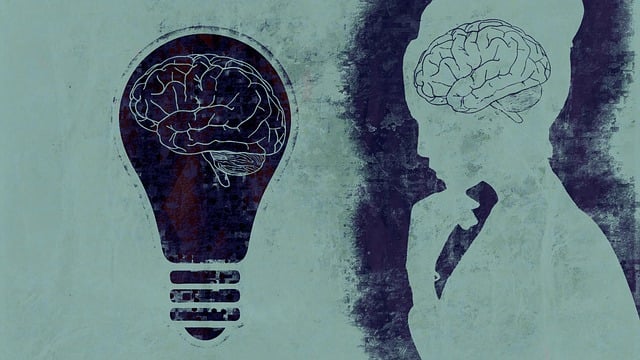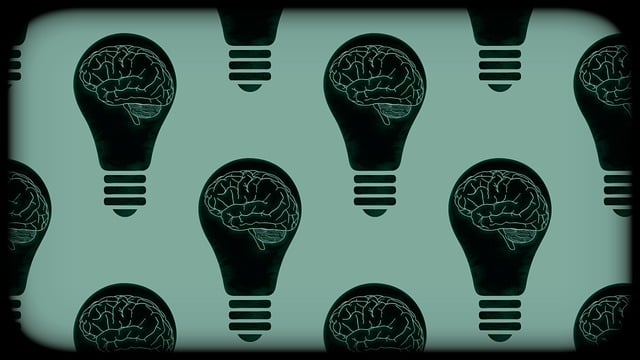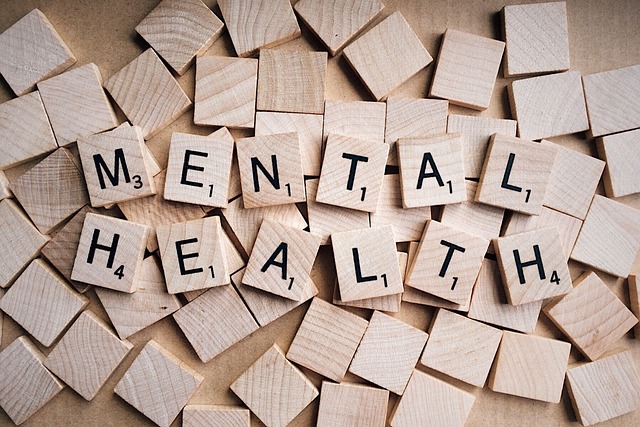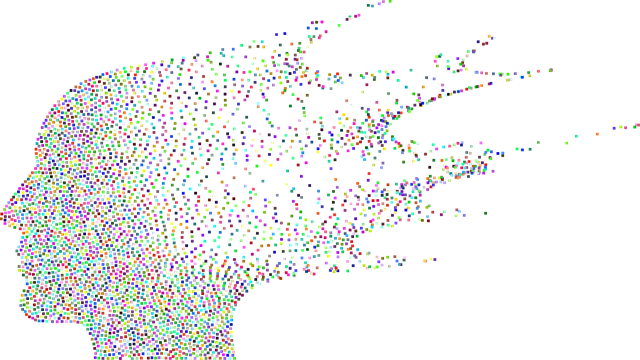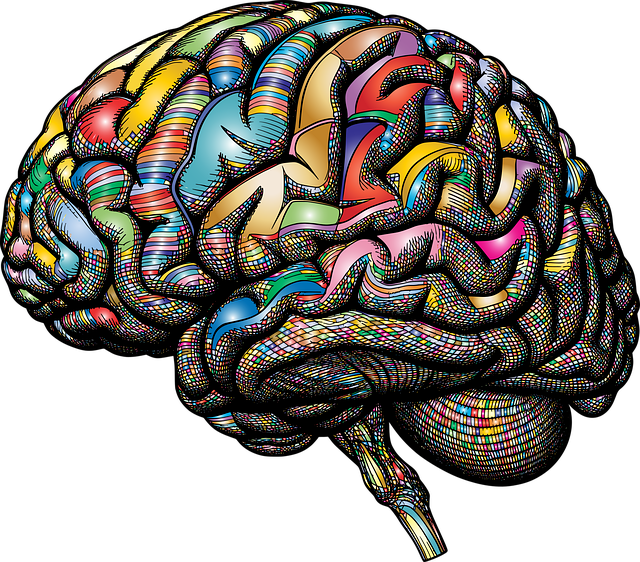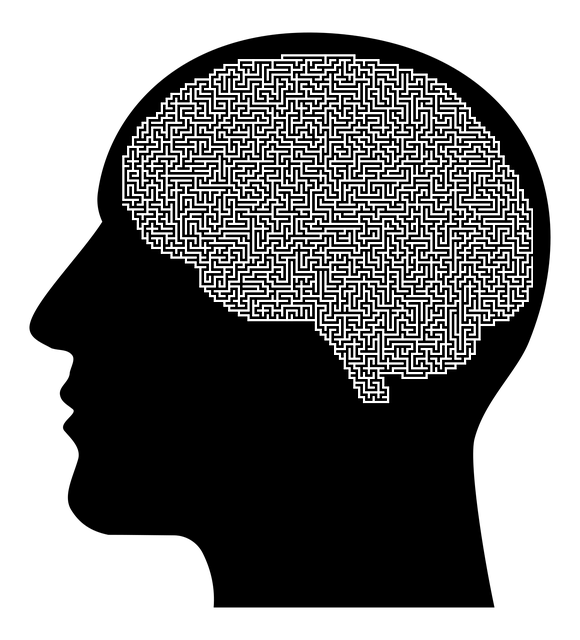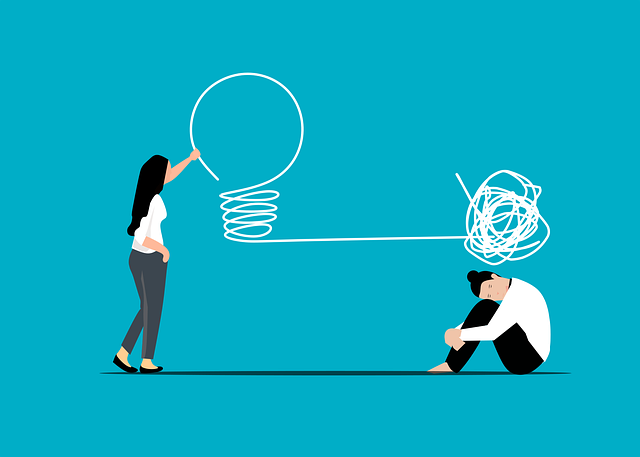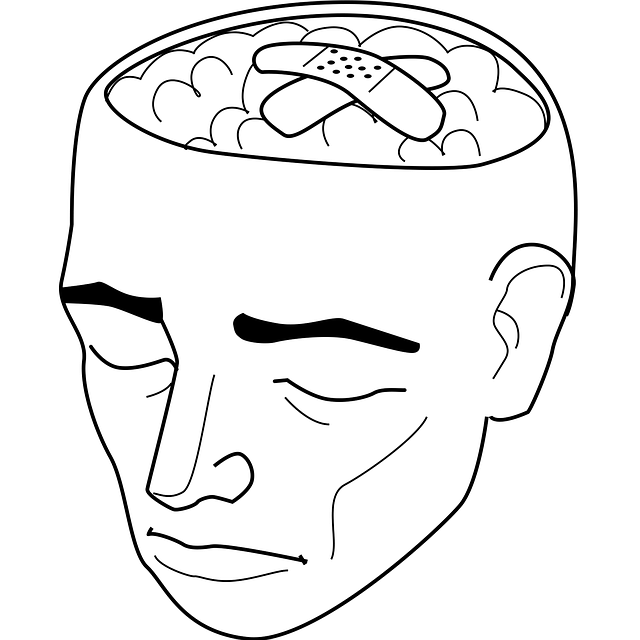Arvada Blended Families Therapy prioritizes cultural competency in healthcare, recognizing it as a key factor in improving patient experiences for diverse families. By creating inclusive environments that respect individual cultures and address biases, therapists build trust and tailor treatment plans to unique family dynamics. Effective communication strategies, including language adaptation and community outreach, bridge cultural gaps. Training emphasizes empathy, stress management, and Mind Over Matter principles to enhance provider-patient connections across diverse populations, ultimately improving mental health outcomes and satisfaction.
Cultural competency training is essential for healthcare providers, especially within diverse communities like Arvada Blended Families Therapy. Understanding cultural nuances fosters better patient care and outcomes. This article explores the critical role of cultural competency in healthcare, delving into identifying biases, enhancing communication strategies, building trust with patients from various backgrounds, and presenting real-world case studies. By equipping providers with these tools, Arvada Blended Families Therapy can offer more inclusive and effective services to its diverse clientele.
- Understanding Cultural Competency in Healthcare: Why It Matters for Arvada Blended Families Therapy
- Identifying Biases and Unconscious Stereotypes: A Critical Step for Providers
- Effective Communication Strategies for Diverse Patient Populations
- Building Cultural Trust: Engaging with Patients from Different Backgrounds
- Case Studies: Success Stories of Cultural Competency Training in Action
Understanding Cultural Competency in Healthcare: Why It Matters for Arvada Blended Families Therapy

Cultural competency in healthcare is a vital aspect that cannot be overlooked, especially in diverse communities like Arvada Blended Families Therapy. It involves understanding and appreciating the cultural backgrounds, beliefs, and values of patients, which significantly impacts their experience and outcome. In the context of therapy, this means creating an inclusive environment where every individual feels seen, heard, and respected.
For families in Arvada with diverse ethnic and cultural heritages, addressing mental health concerns requires a nuanced approach. Empathy building strategies that consider these differences can foster trust and openness. By recognizing and respecting cultural norms related to family dynamics, communication styles, and seeking help for mental wellness, therapists can offer more personalized and effective care. This, in turn, enhances the overall mental health awareness and well-being of these blended families.
Identifying Biases and Unconscious Stereotypes: A Critical Step for Providers

Identifying biases and unconscious stereotypes is a critical step for healthcare providers to navigate diverse patient populations effectively. These hidden prejudices can significantly impact interactions between providers and patients, potentially leading to misdiagnoses or inadequate treatment plans. For instance, cultural norms and experiences may influence how individuals express pain or seek help, requiring providers to be attuned to these nuances.
In the context of Arvada Blended Families Therapy, addressing biases is paramount when treating families with diverse backgrounds. Emotional healing processes, mood management, and stress management can be facilitated by recognizing and challenging stereotypes related to family dynamics, cultural practices, and mental health expressions. Through this process, providers can create a safe space for patients to receive personalized care that respects their unique identities and experiences.
Effective Communication Strategies for Diverse Patient Populations

In an increasingly diverse healthcare landscape, effective communication strategies are vital for ensuring quality patient care, particularly within Arvada blended families therapy settings. Navigating cultural differences requires a nuanced approach to engage and understand patients from various backgrounds. Healthcare providers must adapt their communication techniques to accommodate different languages, dialects, and cultural norms, fostering an inclusive environment that promotes trust and open dialogue. By incorporating compassion cultivation practices, emotional well-being promotion techniques, and active listening, therapists can build strong relationships with diverse patient populations.
Community outreach program implementation plays a significant role in bridging the gap between healthcare services and culturally diverse communities. These initiatives ensure that patients feel welcomed and supported, reducing potential language barriers and cultural misunderstandings. Through such programs, healthcare providers not only enhance their communication skills but also contribute to improved health outcomes for all individuals, creating a more inclusive and accessible environment at Arvada Blended Families Therapy.
Building Cultural Trust: Engaging with Patients from Different Backgrounds

Building cultural trust is an essential aspect of healthcare, especially when engaging with patients from diverse backgrounds. This process involves recognizing and appreciating the unique cultural identities of each individual, fostering a safe and inclusive environment where they feel heard and understood. Healthcare providers play a pivotal role in bridging cultural gaps by adopting empathy building strategies and stress management techniques to enhance patient interactions.
At Arvada Blended Families Therapy, we understand that navigating different cultural perspectives can be challenging for healthcare professionals. Implementing burnout prevention strategies is crucial to ensure that providers remain resilient and equipped to offer the best care possible. By embracing cultural competency training, therapists learn to adapt their approach, allowing them to connect with patients from various ethnic, racial, and socioeconomic backgrounds, ultimately leading to improved patient outcomes and satisfaction.
Case Studies: Success Stories of Cultural Competency Training in Action

Cultural competency training has proven to be a game-changer in healthcare, fostering better patient outcomes and improved provider well-being. Case studies show that organizations like Arvada Blended Families Therapy have successfully implemented such programs. By integrating Mind Over Matter Principles, these initiatives teach providers how to navigate complex cultural landscapes, preventing burnout and enhancing their ability to offer effective care. For instance, through role-playing exercises and workshops on Conflict Resolution Techniques, healthcare workers learn to address cultural differences head-on, transforming potential pitfalls into opportunities for growth and understanding. These strategies have been instrumental in building bridges between diverse patient populations and healthcare providers, ensuring that everyone receives respectful, culturally sensitive treatment.
Cultural competency training is a game-changer for healthcare providers, especially those working with diverse patient populations like those seen at Arvada Blended Families Therapy. By identifying and addressing biases, implementing effective communication strategies, and building cultural trust, providers can create a more inclusive and welcoming environment. This not only enhances patient outcomes but also fosters stronger relationships between patients and their caregivers. The case studies presented highlight the transformative power of such training, demonstrating that investing in cultural competency is crucial for delivering quality care to all families, regardless of their background.
